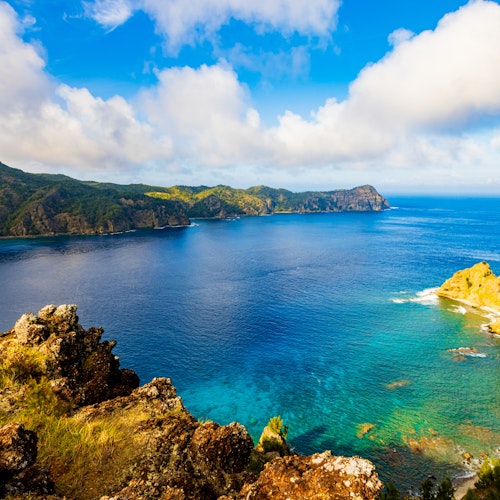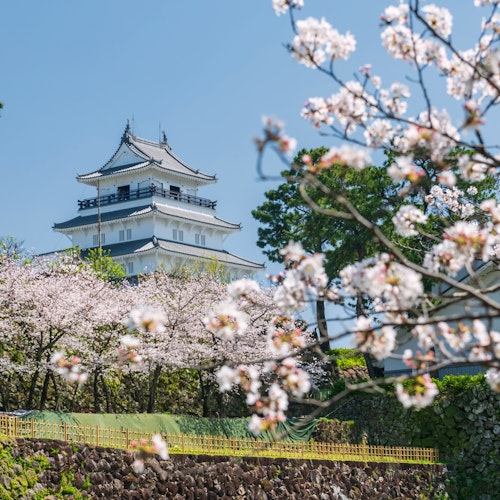
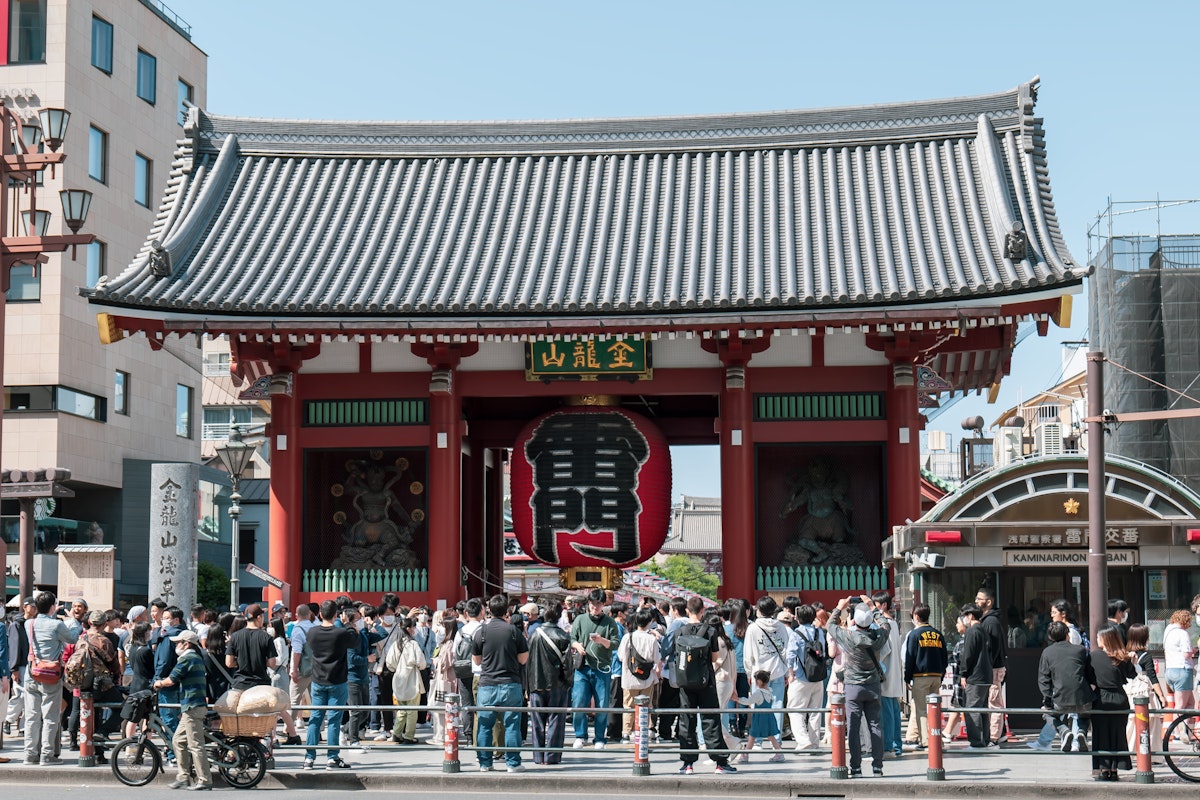
東京の活気ある都市景観は、現代と伝統が融合しています。桜の木と高層ビルが、静かな寺院や神社と共存しています。
これらの神聖な場所は、都市生活の喧騒から一時的に離れ、静かな聖域を提供します。その深い歴史と精神的な意義を探訪する時、深呼吸をして、その瞬間を味わってください。
東京には訪れるべき多くの寺院と神社があり、私たちは旅の際に訪れるべきトップ10のリストをまとめました。
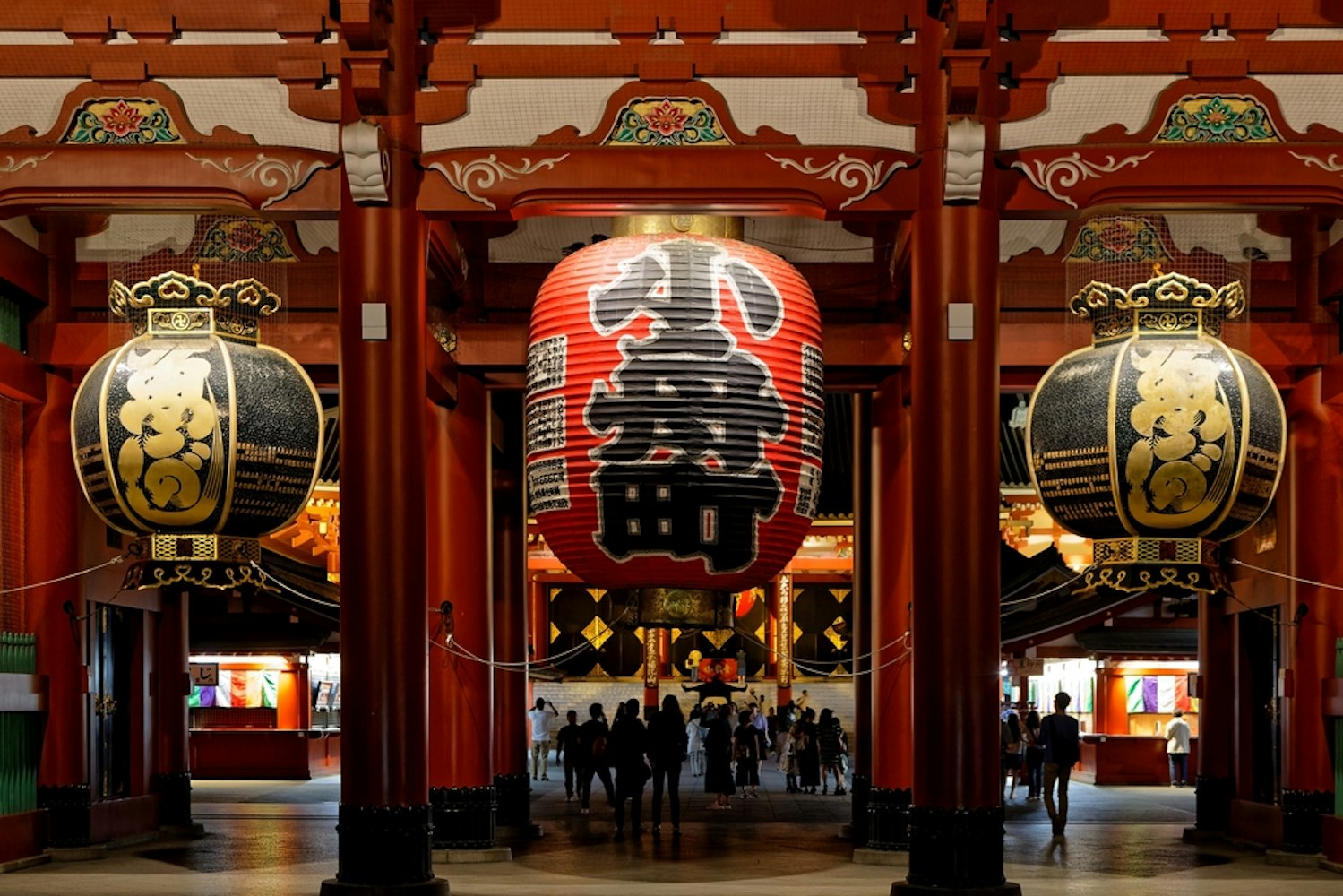
浅草寺は、強さと信仰の象徴です。その境内にある活気ある神社は、日本の宗教的慣習を物語るものです。
浅草寺は東京で最も有名で、しばしば写真に収められる寺院であり、東京で最も古い仏教寺院でもあります。大雷門は、その巨大な赤い提灯が印象的で、この聖なる場所への入口を示し、世界中からの観光客を惹きつけています。
この由緒ある場は、その象徴的な五重塔で有名です。香の煙が空中に漂い、神秘的な雰囲気を作り出します。
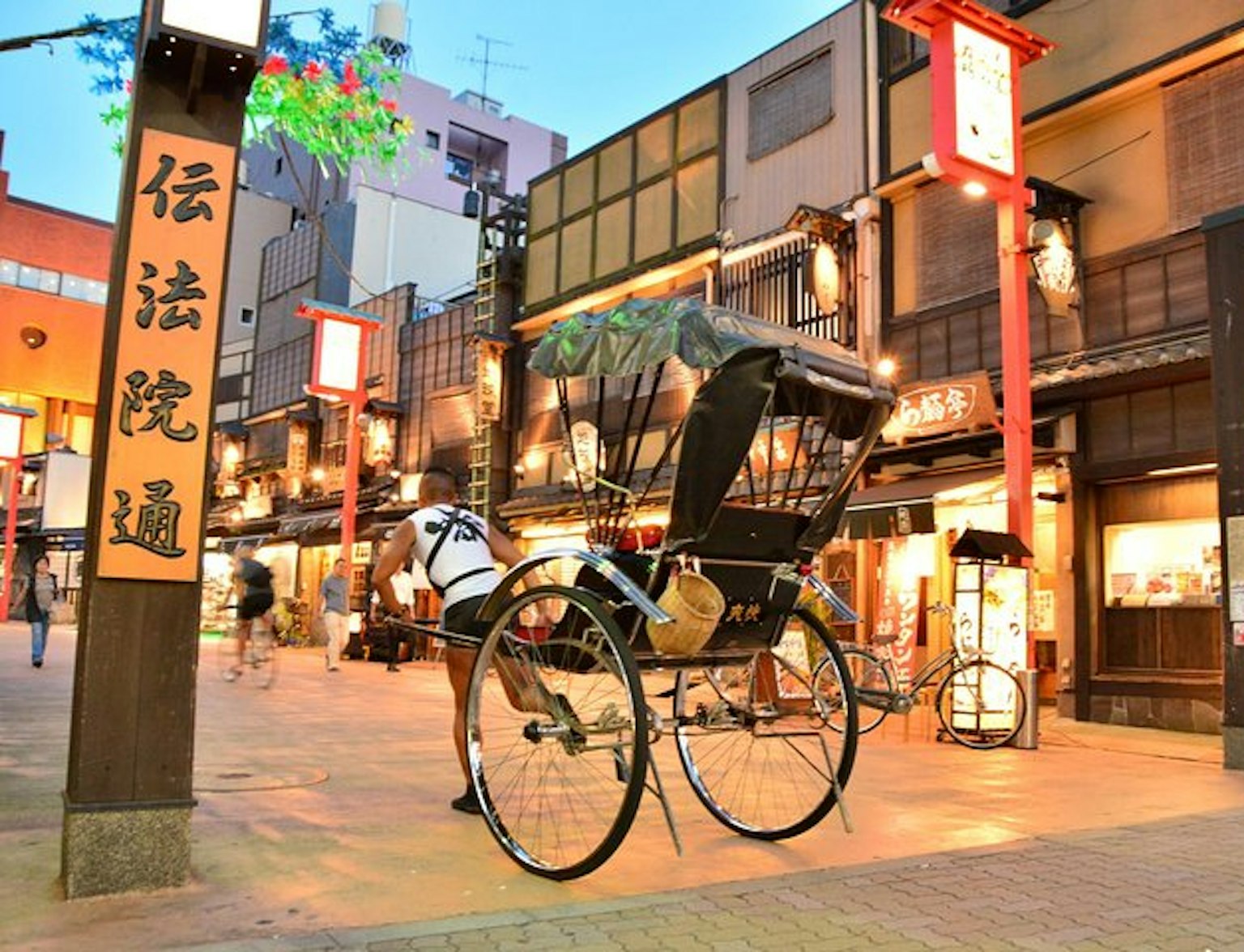
人力車に乗って浅草寺を訪れよう。
寺院の広大なひさしは、印象的な建築的特徴です。これらの要素が相まって、歴史的な東京の感覚を呼び起こします。
ここを訪れることは、かつての時代に戻るような体験です。この寺院は、現代の東京とその豊かな古代の遺産をつなぐ橋となっています。
信仰/信念: 仏教
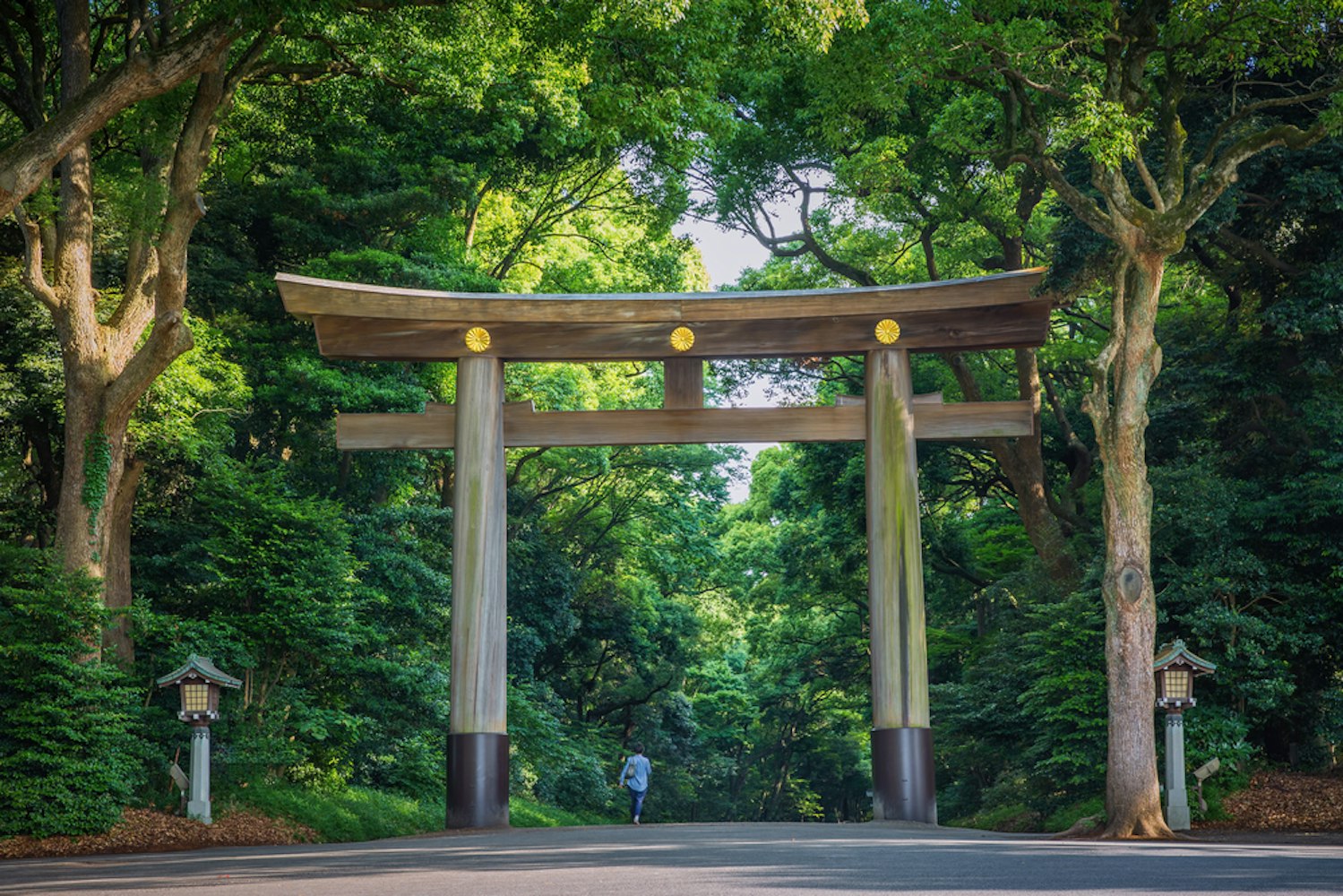
明治天皇と昭憲皇太后に捧げられ、この神社は東京の中心にある平和な避難所です。緑に囲まれ、自然に溶け込む神社の典型的な例です。明治神宮は、敬愛する明治天皇と昭憲皇太后の神々に敬意を表する、崇敬された神道の礼拝所です。1920年に建設されました。
主要な入口を過ぎると、内門は訪問者が繁忙な都市から、明治天皇と昭憲皇太后に捧げられた静かな空間に入るときの体験を高めます。この重要な神社は、東京の中心に目立って立っています。
神社は約172エーカーの広大な面積を占めています。約17万本の木々が囲む緑豊かな森が、市内に静かなオアシスを作り出しています。
その精神的な意義が高く、日本で最も崇敬されている神社です。明治神宮は、日本の豊かな文化的および宗教的遺産の象徴です。
信仰/信念:
神道
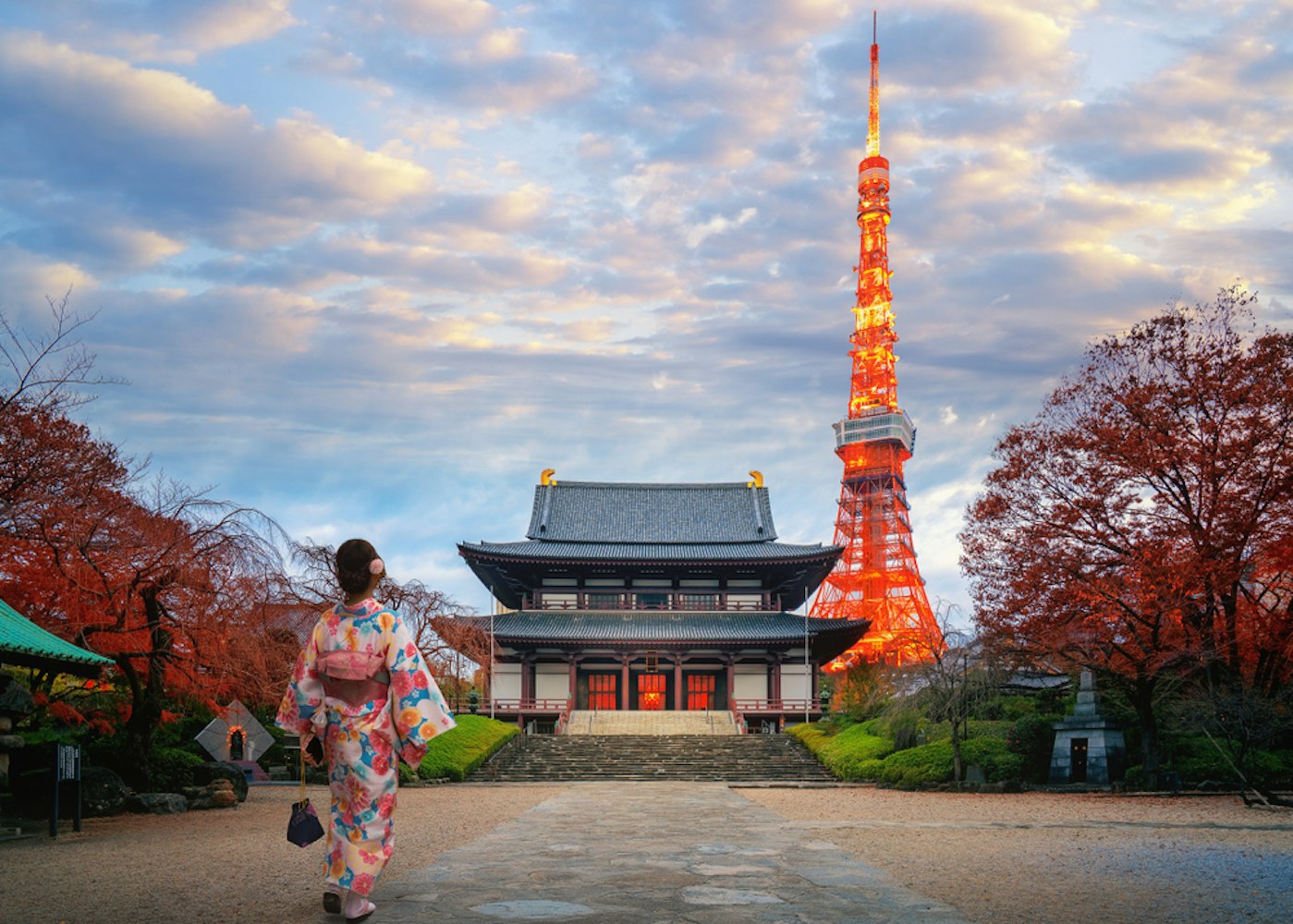
増上寺は東京の中心にある壮大な寺院複合体です。これは、六人の徳川将軍の最終的な安息の地として特に重要です。寺院の主要な入口門である三解脱門は、伝統的な仏教建築の素晴らしい例です。この門の存在は特に際立っており、中央東京の現代的な景観の中で歴史的および建築的な重要性を浮き彫りにしています。三解脱門のデザインと構造は古代日本の建築の技術力を証明しています。注目すべきことに、これは第二次世界大戦から生き残った唯一の寺院の構造物です。
第二次世界大戦の爆撃は都市に大きな影響を与えましたが、三解脱門はこれらの出来事を耐え抜きました。今日、増上寺は、三解脱門と共に、東京における強さと歴史的連続性の象徴として残り続けています。
信仰/信念:
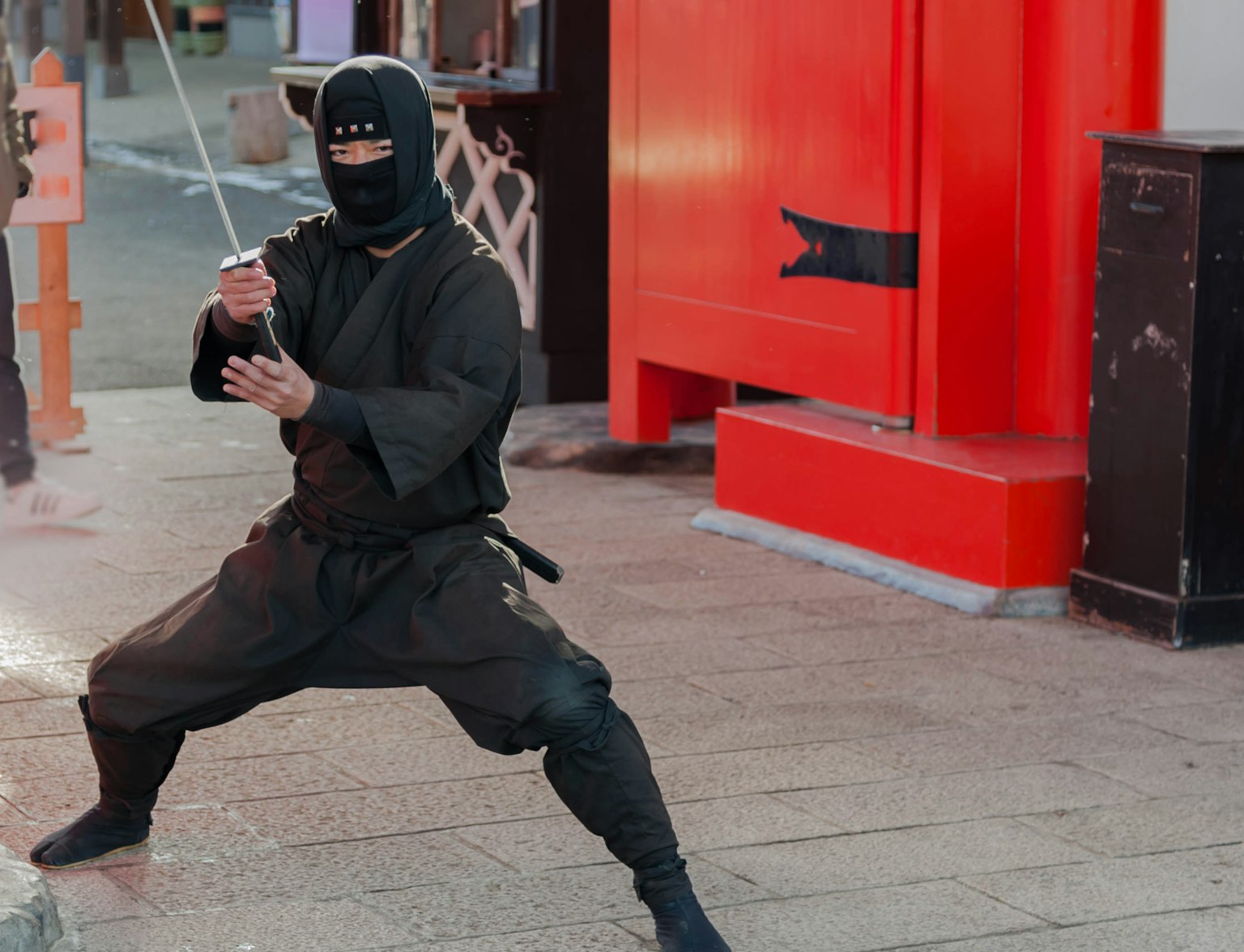
増上寺の静かな小道を散歩してください。
仏教
4. 靖国神社
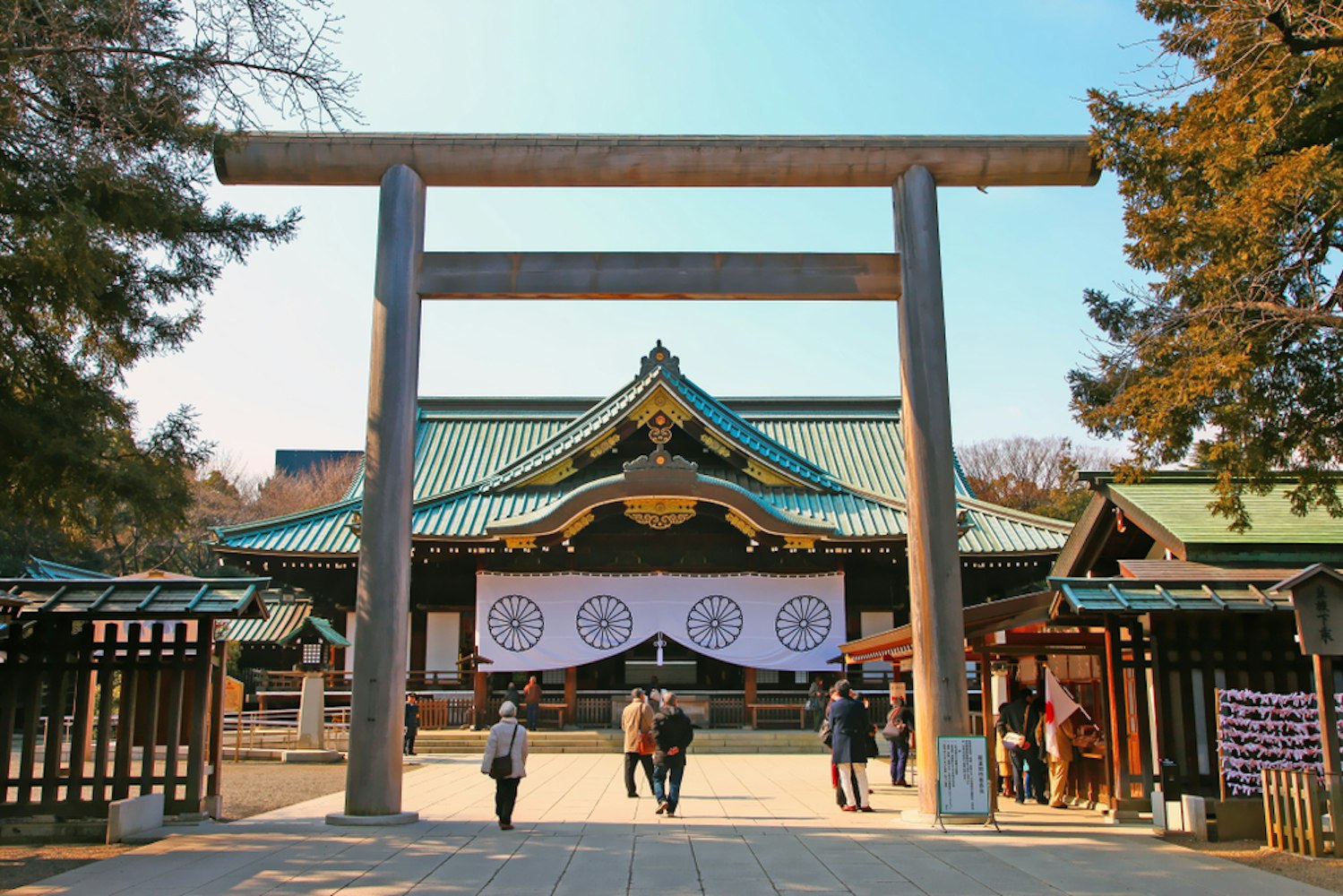
最初、この神社は東京招魂社という異なる名前を持っていました。この名前、東京招魂社は重要な意味を持ちます: "魂を呼び寄せる神社"です。
これは神道の信仰における神社の役割を反映しています。時が経つにつれて、靖国神社へと進化し、今日では誇りと敬意をもってその名前を冠しています。信仰/信念: 神道
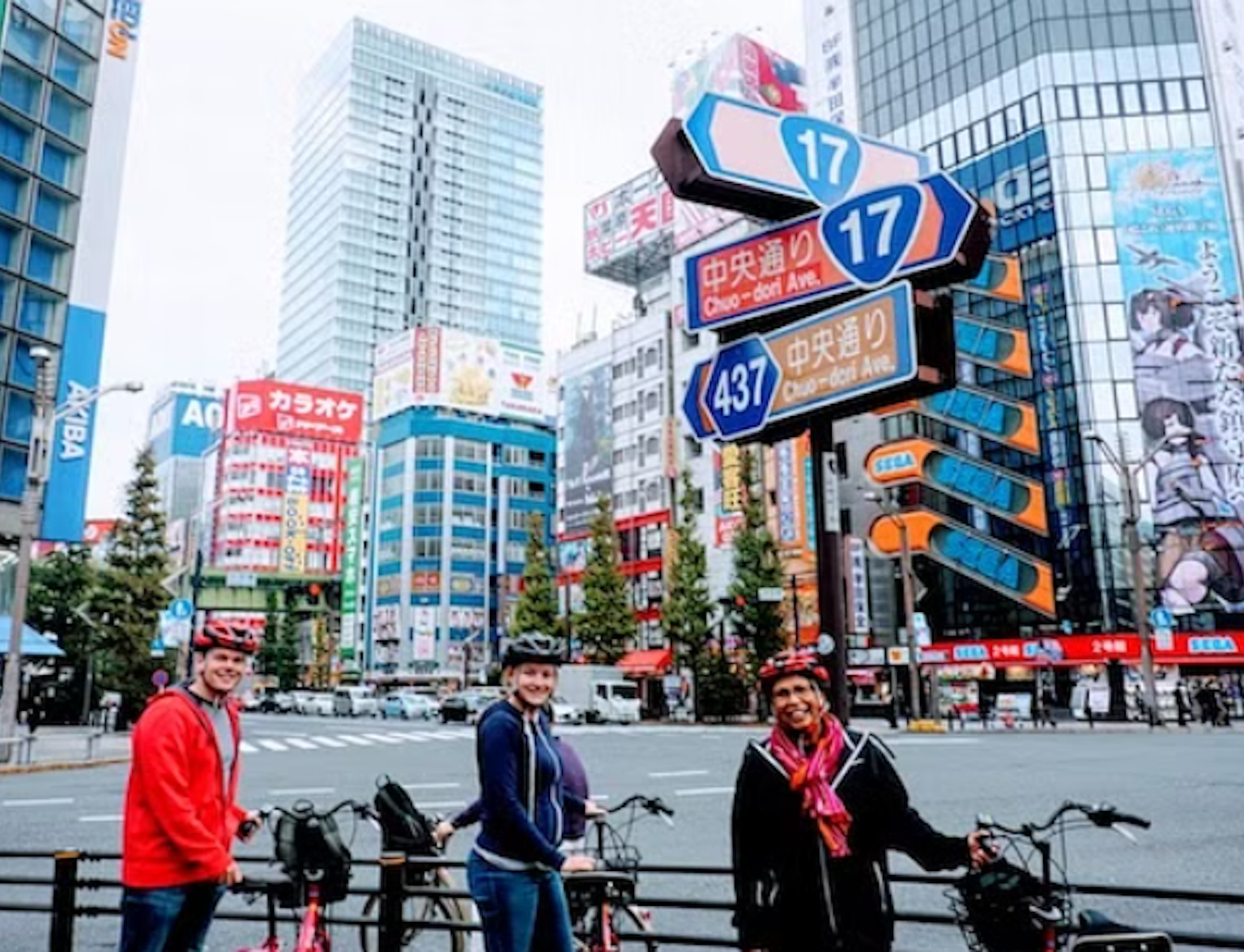
靖国神社の歴史的意義を発見する。
5. 根津神社
ツツジ祭りで知られる根津神社は、東京の精神的な風景の宝石です。この神道の神社は、杉の木を燃やす儀式を体験するのに最適な場所です。
根津神社(根津神社)は、日本の東京にある著名な神道の神社です。この歴史的な神社は文京区に位置し、有名な上野公園の北西にあります。これは東京の最も古い神道の神社の一つであり、1705年に設立されました。この神社は、風と海の神に捧げられており、その精神的な意義を表しています。
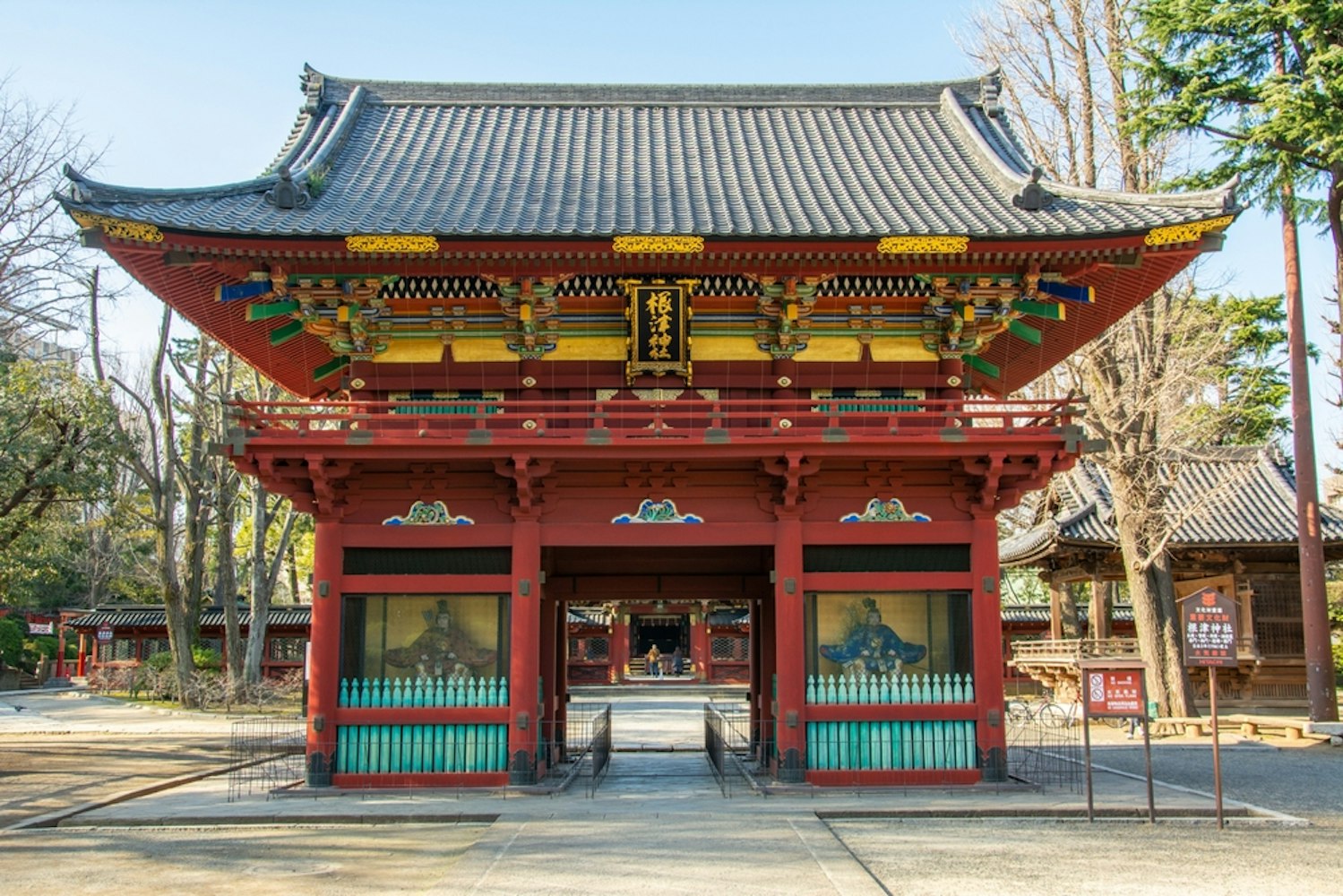
信仰/信念: 神道
6. 神田明神
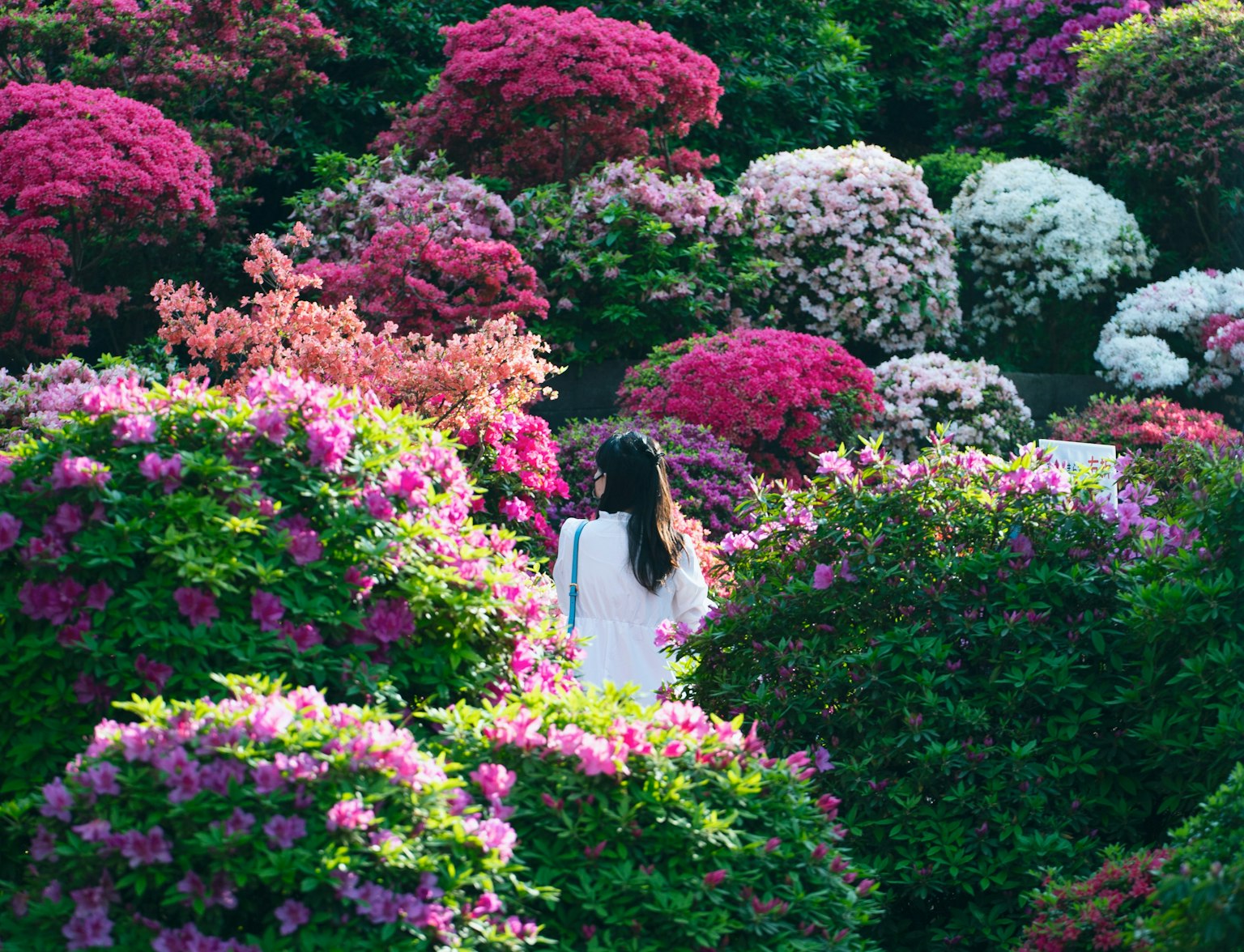
根津神社は、象徴的な赤い鳥居と初夏に咲き誇るツツジの鮮やかな花であなたを招待します。
秋葉原の近くにあるこの神社は、良好な関係と技術との関連で知られています。古いものと新しいものが独特に融合しています。
神田明神神社は、ほぼ1300年の豊かな歴史を誇ります。730年に設立され、現在の大手町周辺にあります。
何世紀にもわたり、この神社は日本の文化遺産の持続を物語る存在でした。1603年から1867年まで続いた江戸時代、神社は現在の場所に移設されました。
この移設は、この神社の長い歴史の中で重要な章を示しています。最も注目すべき訪問者の一人が、徳川家康でした。彼は神田明神に敬意を表し、その精神的な意義を尊重したと言われています。この神社は今もなお崇敬され、日本の豊かな伝統と歴史の深さを反映しています。
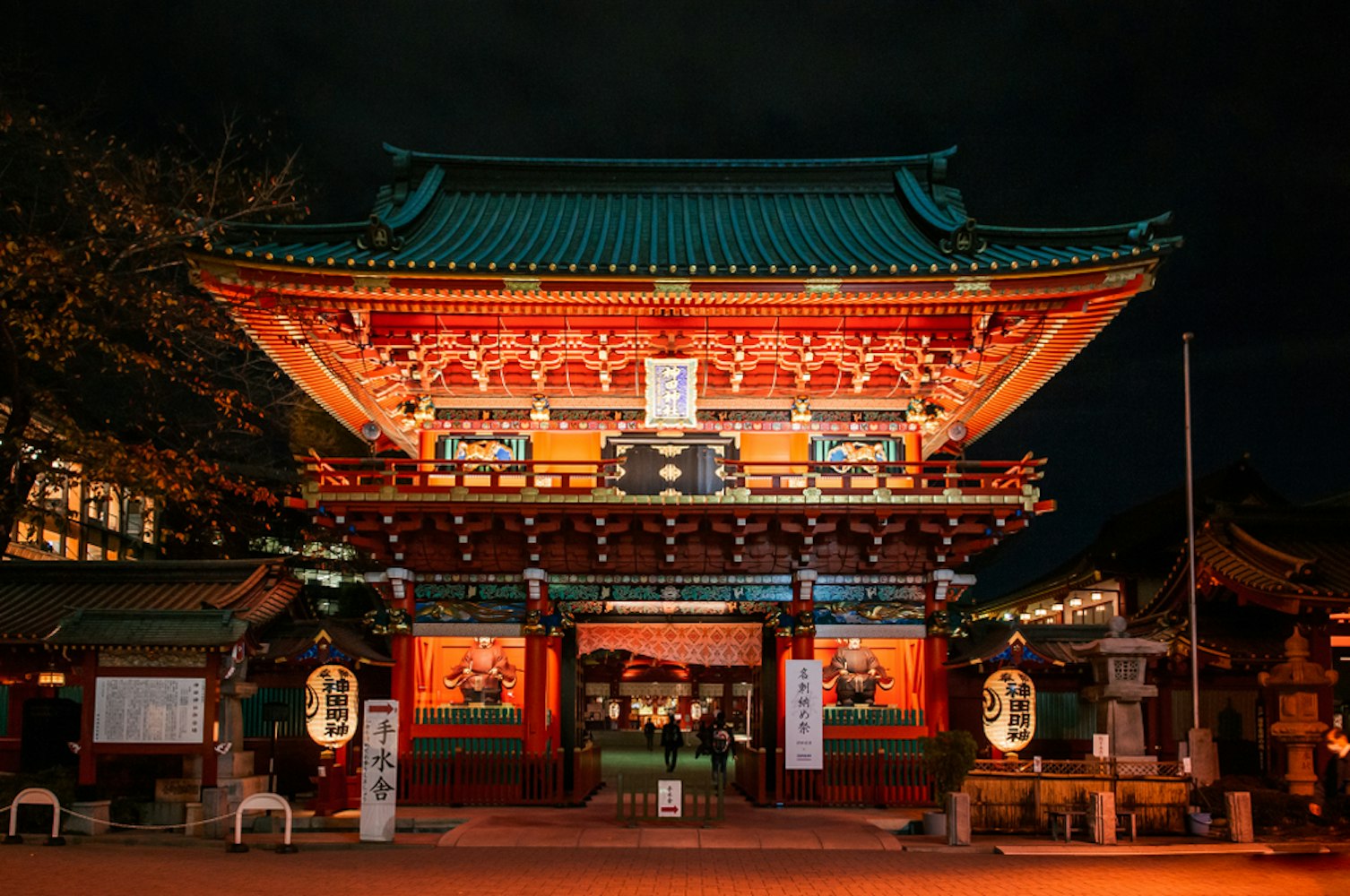
7. 泉岳寺
47浪士の物語で有名な泉岳寺は、歴史と伝説が交差する場所です。本堂と墓地は、忠誠と名誉の痛切な思い出です。
泉岳寺は、港区に位置し、曹洞宗の重要な拠点です。ここは、日本の伝説で崇拝される47浪士の埋葬地として名高いです。
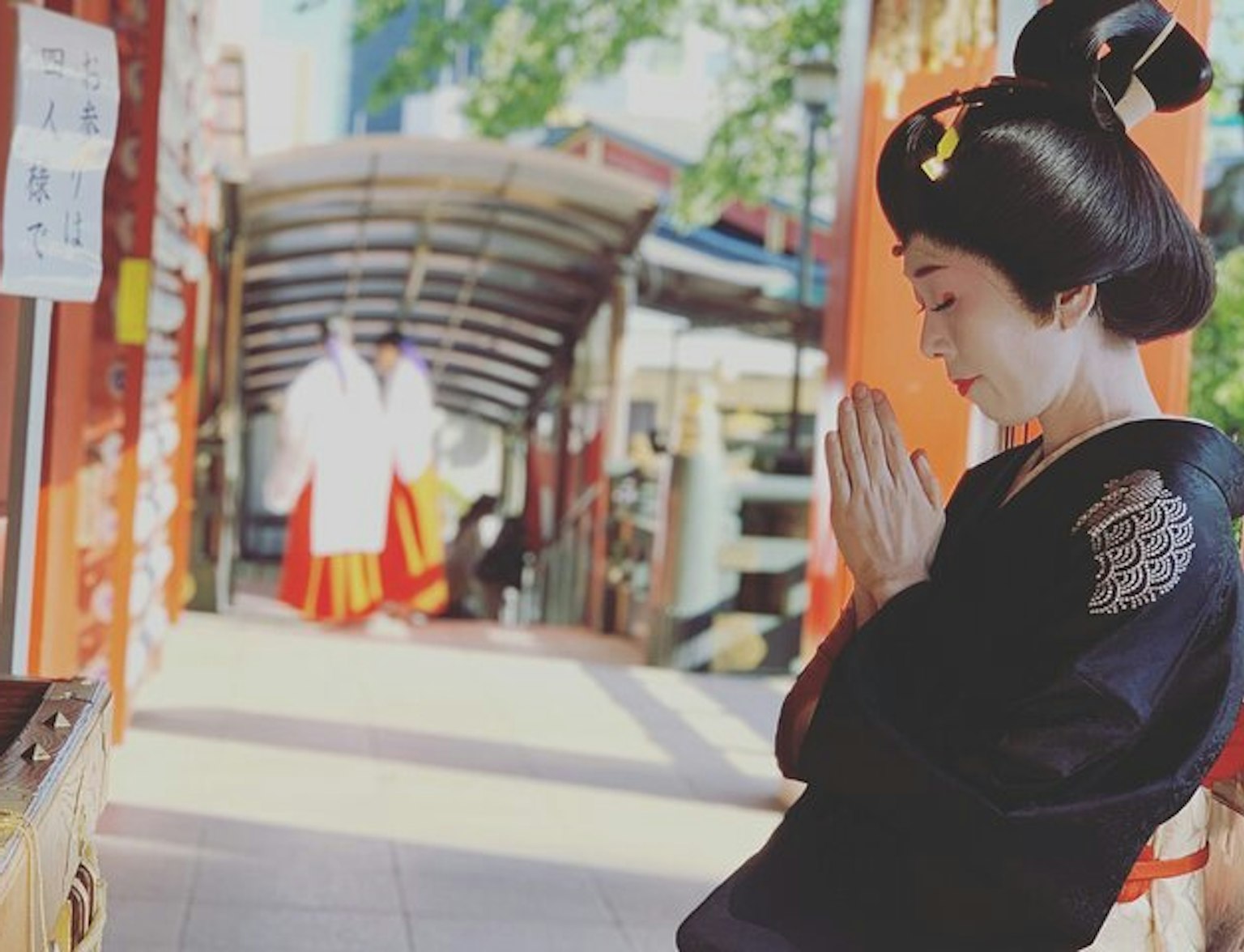
神田明神の特別ツアーで東京の精神的な心の秘密を解き明かしましょう。
この歴史的な寺院は、1612年に江戸城の近くに設立されました。しかし、壊滅的な火災により、寺院は消失しました。
この悲劇に応じて、泉岳寺は再設立され、新しい場所に移住しました。
その後、1641年に包括的な再建を経て、現在でも重要な文化的および精神的なランドマークとして残り、歴史と敬意に彩られています。信仰/信念:
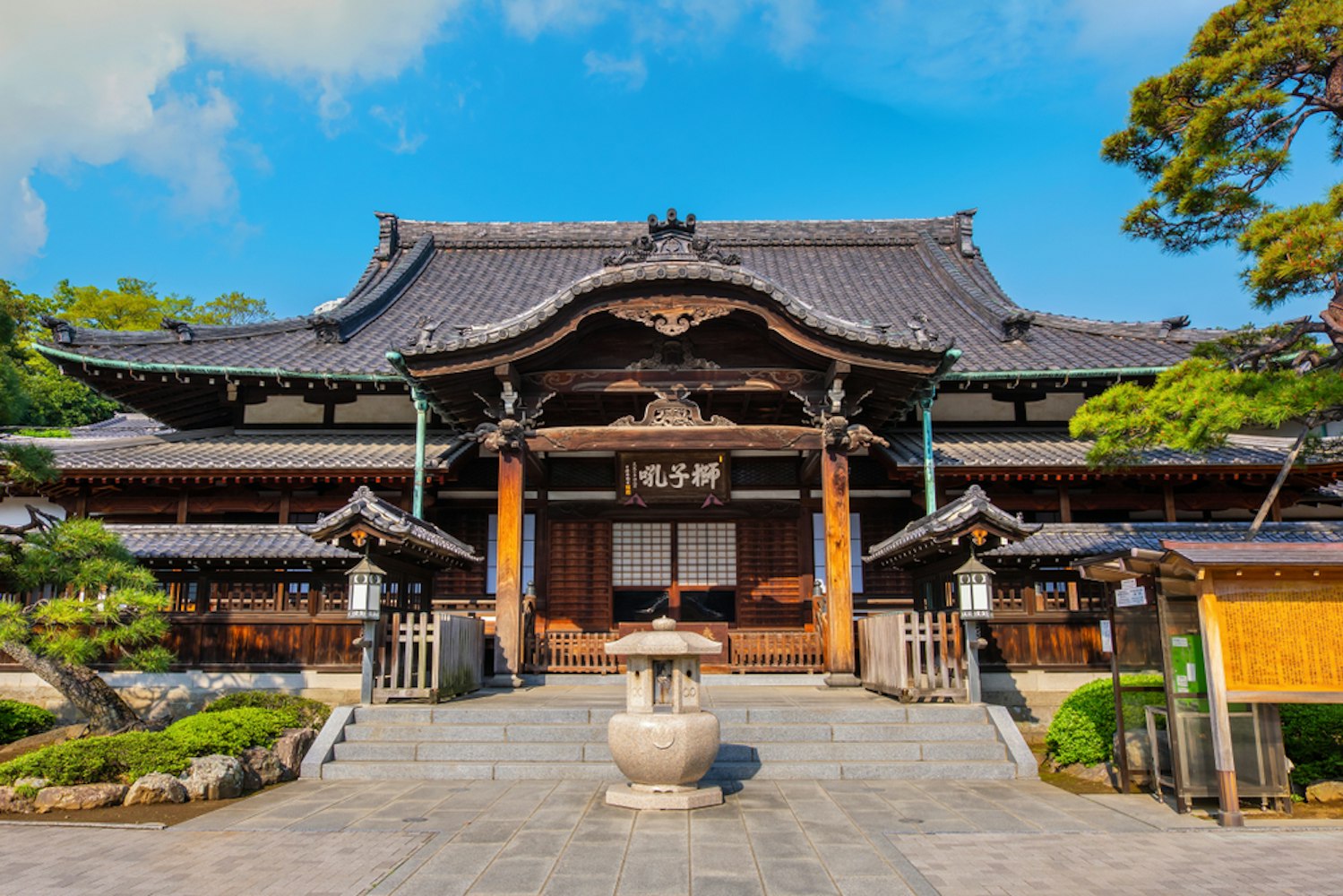
仏教寺院は、仏像と旧東京の歴史的な雰囲気で知られる静かなスポットです。東京都台東区の谷中に位置する天王寺は、古代と現代の要素が独特に融合しています。この仏教寺院は、この地域の著名なランドマークです。散在する多くの寺院の中で、最も古い寺院の一つとして、東京の宗教的風景に特別な位置を持っています。
天王寺のルーツは、天台宗にあり、深い精神的な伝統を反映しています。古いにもかかわらず、この寺院は新鮮で現代的なひねりを持っています。その谷中の位置は魅力を加え、静かな寺院の雰囲気と活気ある地元文化を融合させています。天王寺の訪問者は、歴史的な深さと現代的な風格の独特の融合を体験します。この寺院は、日本における仏教の伝統の持続的な遺産と適応力を証明しています。信仰/信念:
仏教
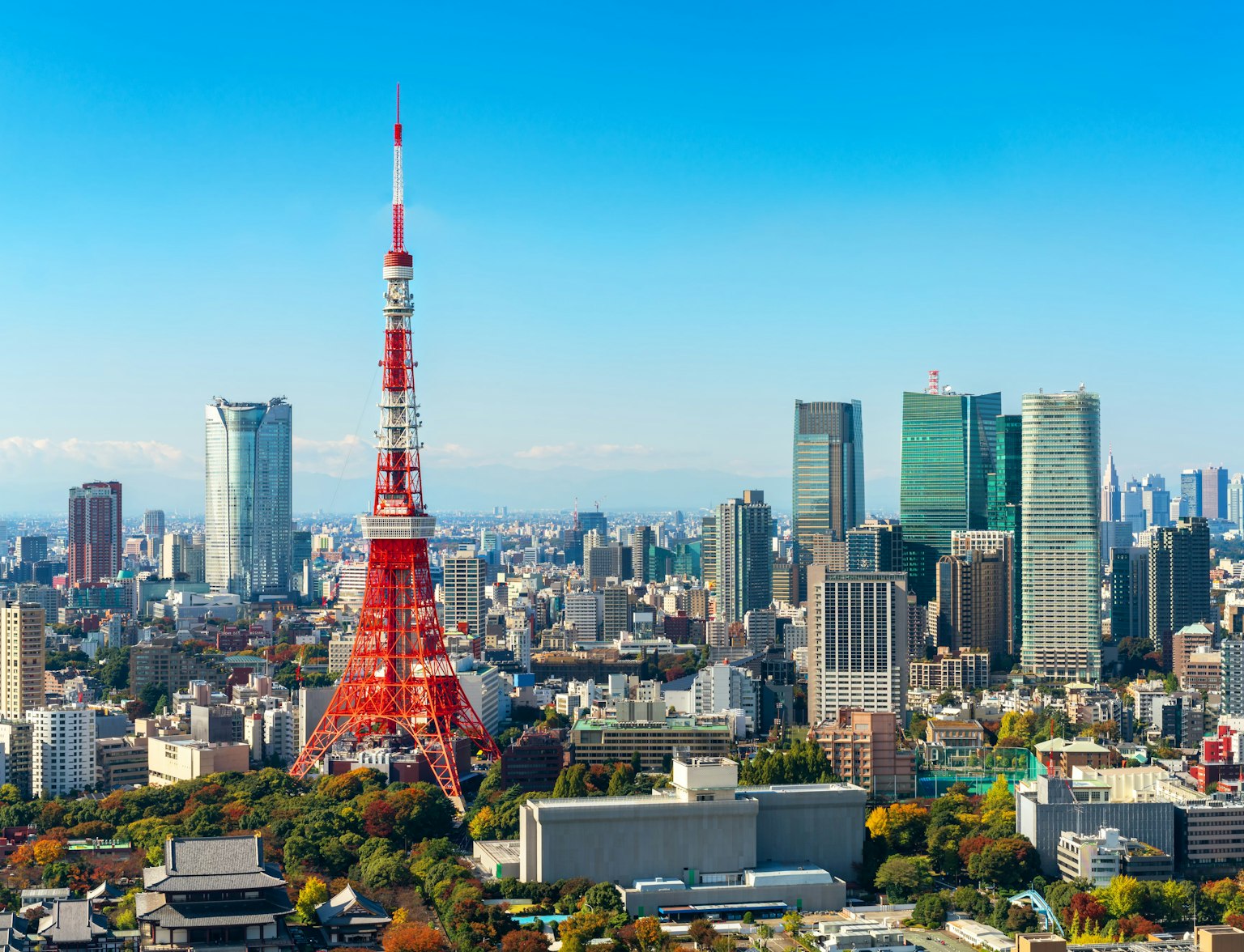
専用車で泉岳寺を訪れてください。
9. 誉田八幡宮
招き猫の誕生地として祝福されるこの寺院は、奇抜で精神的な訪問です。東京都世田谷区の誉田八幡宮は、著名な仏教寺院として成立しています。
ここは、重要な日本の仏教の枝派である曹洞宗の伝統を実践しています。歴史的には、これは菩提寺
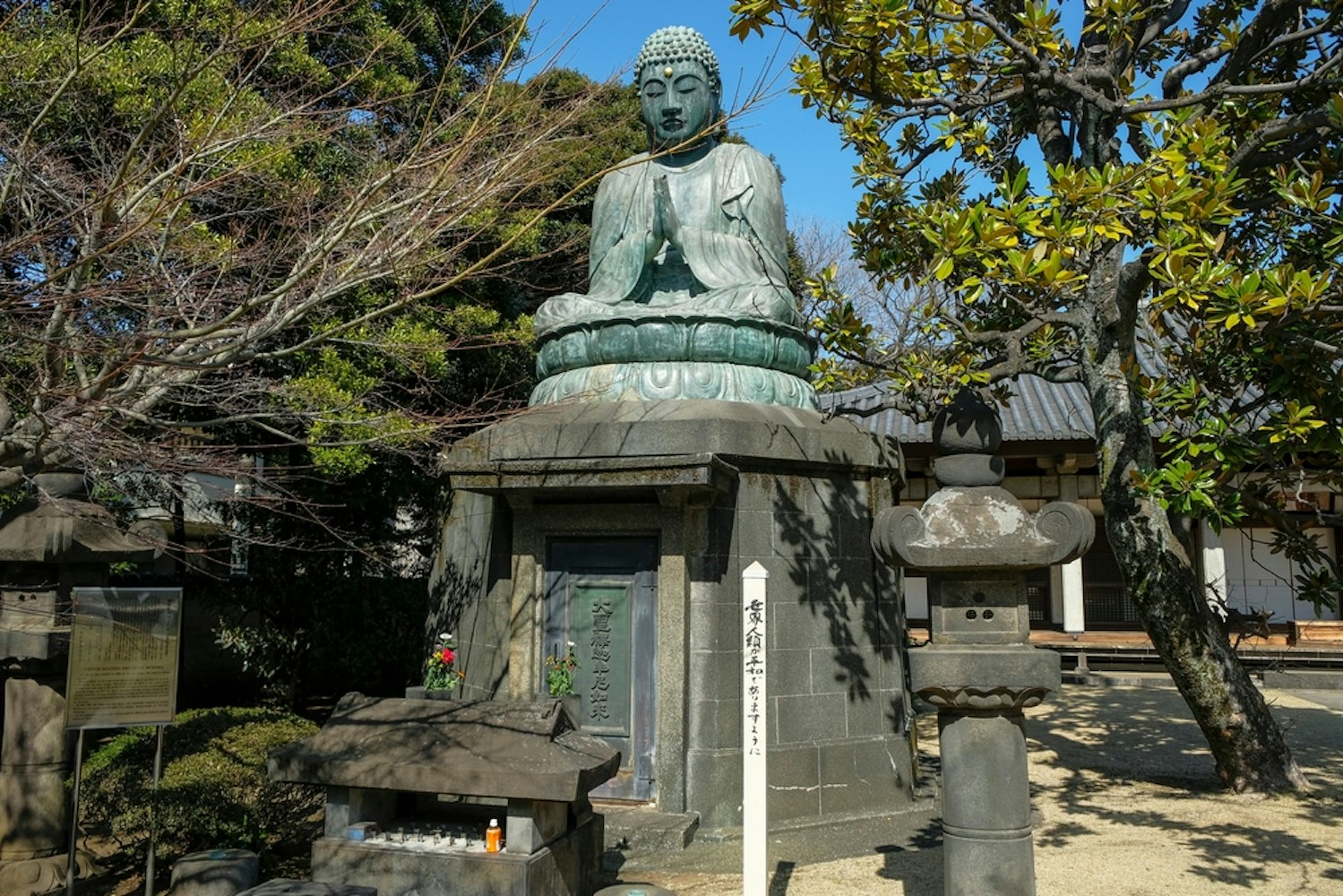
井伊氏は著名な大名で、江戸時代に彦根藩を治めていました。この寺院は、この影響力のある家族との関係から、歴史的に特異な場所に位置しています。誉田八幡宮はまた、招き猫との関連でも広く知られており、そのため「猫寺」とのニックネームが付けられています。その文化的および歴史的な意義が、現代の日本の宗教的風景における魅力的な場をつくっています。
信仰/信念:
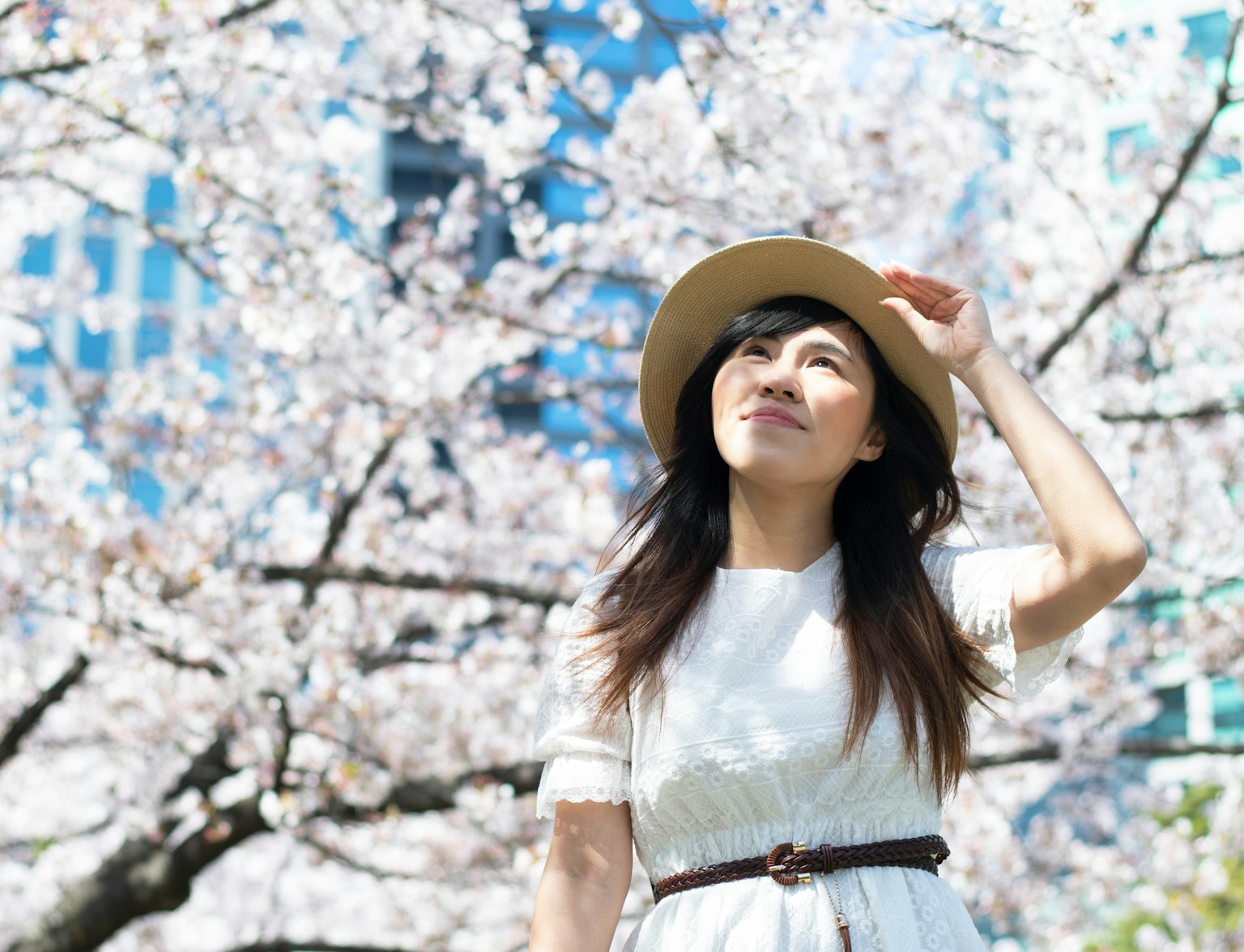
天王寺の静かな世界に入ると、美しいしだれ桜に囲まれた穏やかな仏像があります。
仏教
10. 浅草神社
浅草寺の隣にあるこの神道の神社は、浅草寺の創設者に捧げられています。ここにある神道と仏教の要素が絶妙に融合しており、インスピレーションの源です。
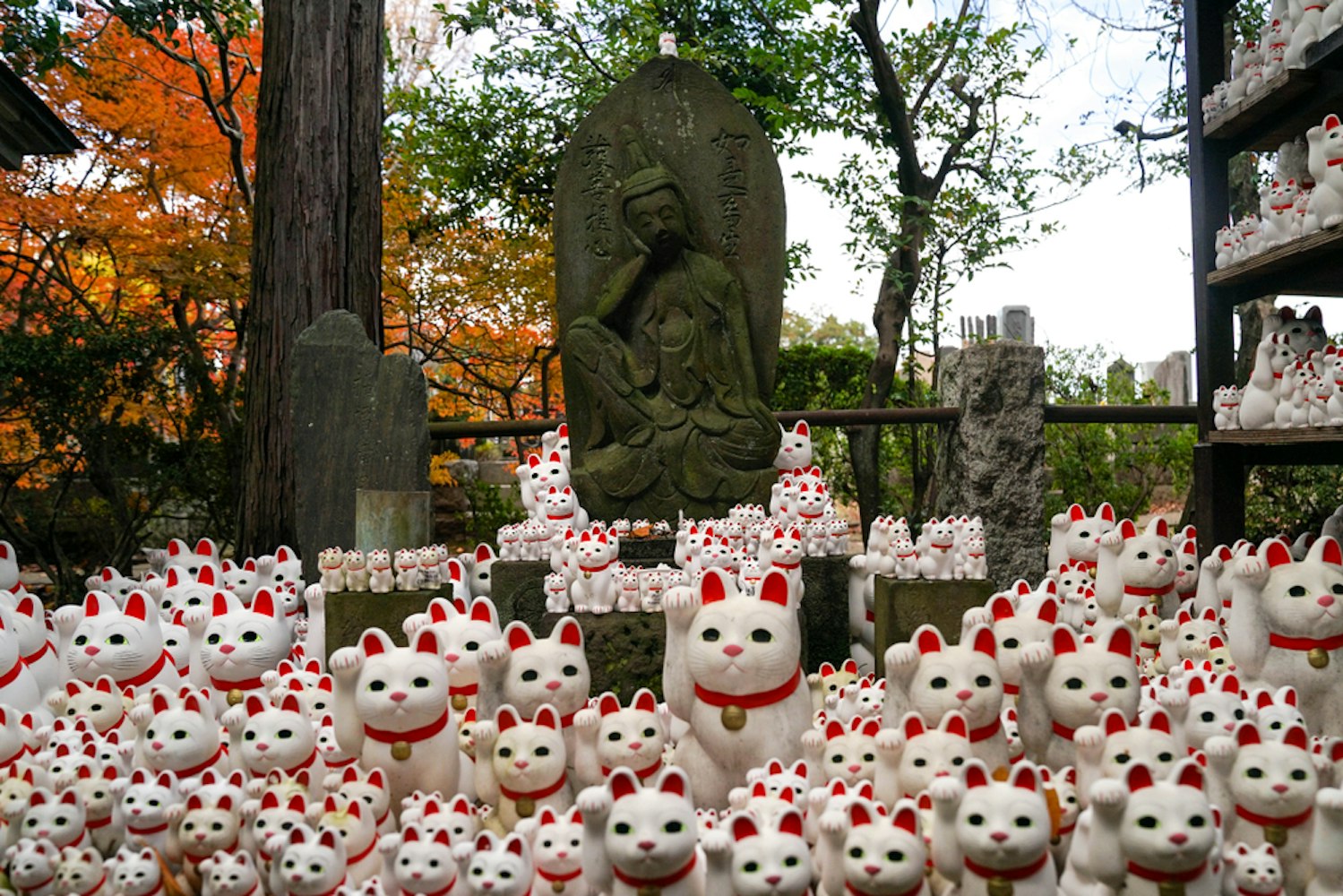
浅草神社は、三人の男子の神聖なる変身を示しています。彼らの素晴らしい貢献のために、これらの人物は神としての地位に昇華されました。
中でも中友は、知的な才能で名高かった。二人の兄弟である日の熊濱成と宝成も、この名誉に同行しました。これらの兄弟は、ただの漁師ではありませんでした;神社の歴史において重要な役割を果たしました。彼らの崇敬の理由は、重要な業績から来ています。彼らは東京の最古の寺院である浅草寺の建設に関与しました。その努力により、彼らは永続的な尊敬と崇敬を得ました。
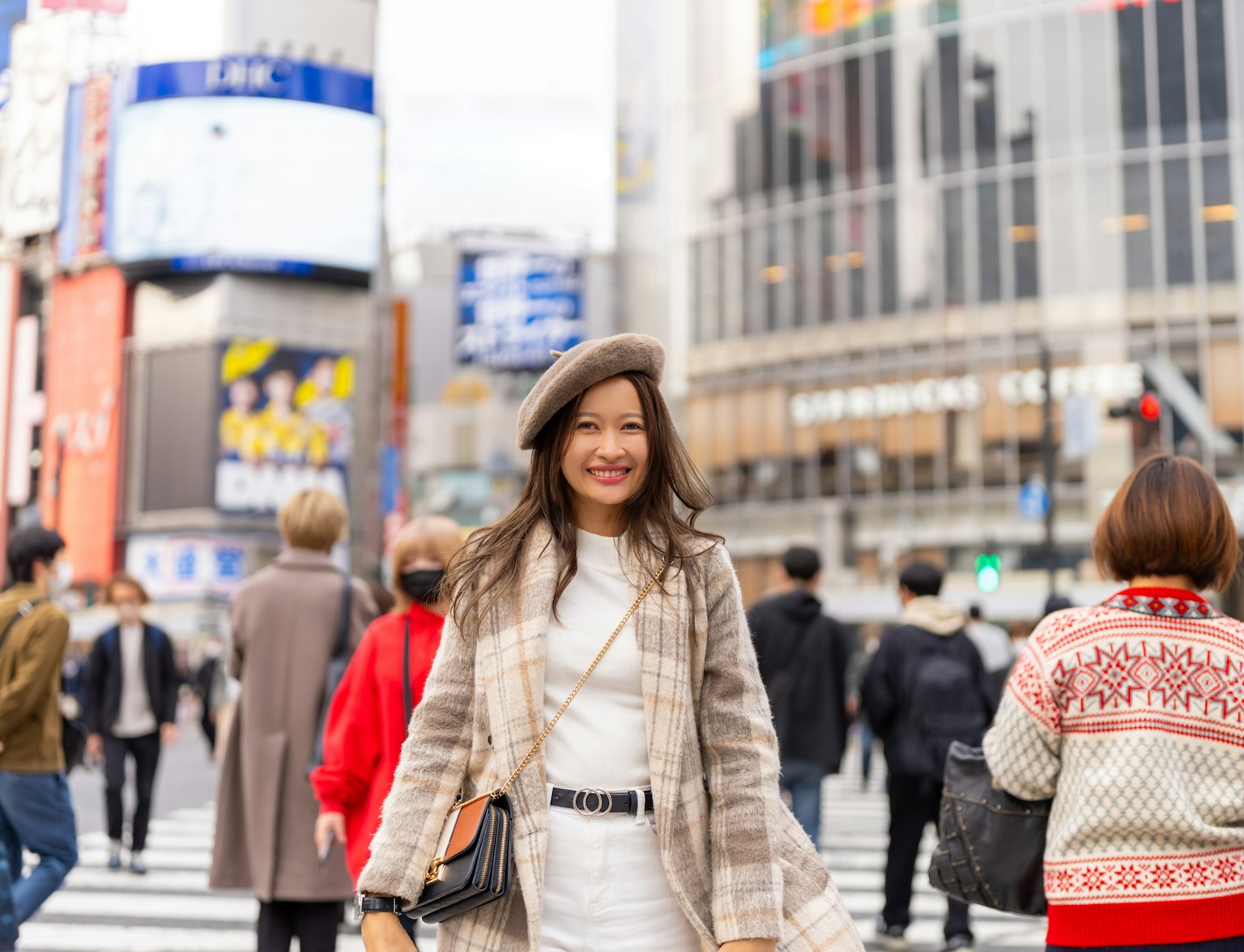
あなたのカスタム旅程に豪徳寺を含めてください。
信仰/信念:
神道
東京における2つの精神的信念のタイプ
東京の寺院と神社は、日本の宗教
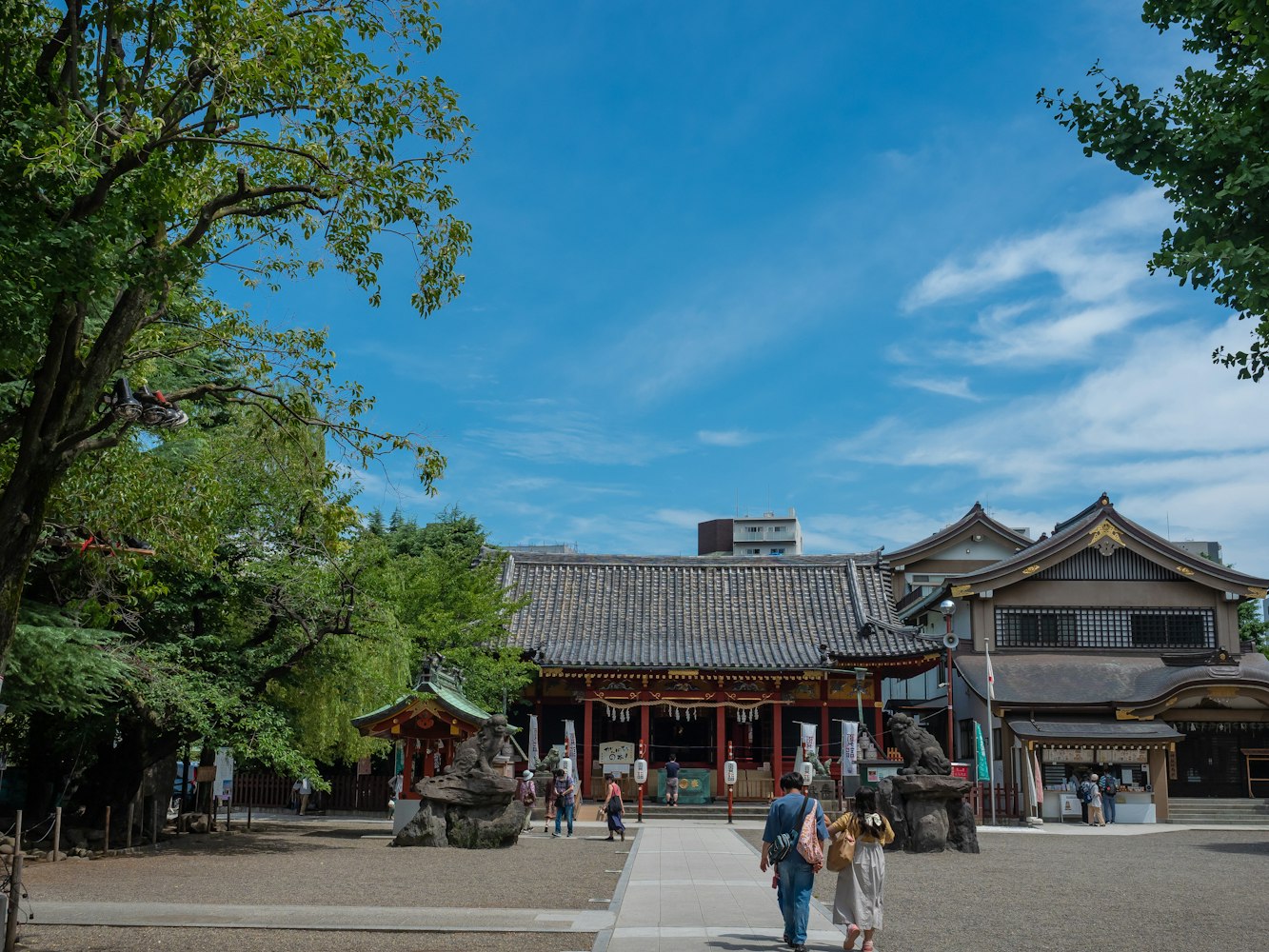
習慣を尊重する:
神道の神社では、入る前にお辞儀をし、手を清めることが慣例です。静けさを抱きしめる: 増上寺や根津神社では、穏やかな周囲を感謝するために一瞬立ち止まってください。歴史を学ぶ:
靖国神社や泉岳寺のような各サイトには物語があります。これを理解することで、訪問がより豊かになります。
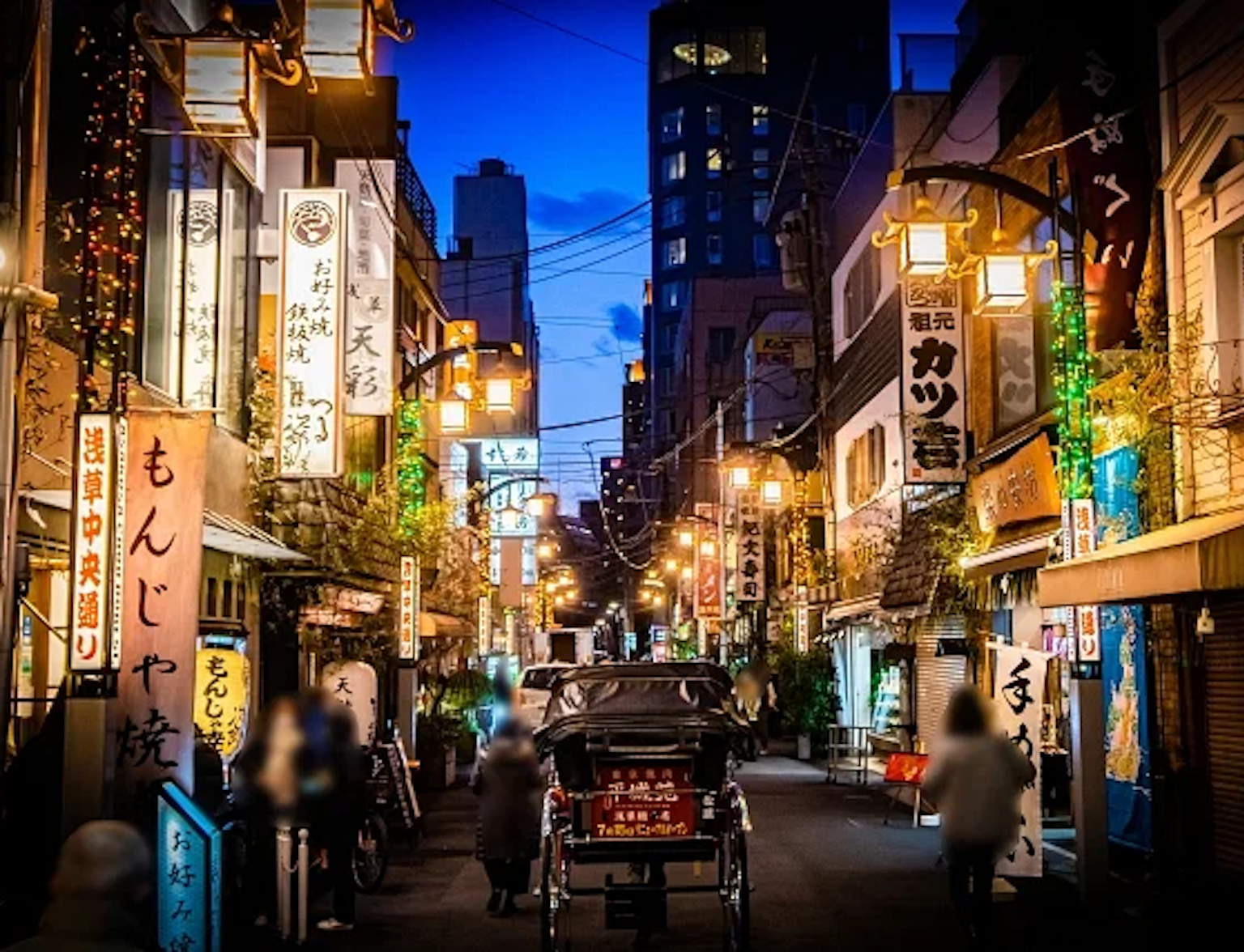
このツアーで浅草神社を訪れます。
浄化儀式:
神道の神社では、入る前に清めの泉で手と口を清めます。
写真撮影: 特に
では、写真撮影の制限に注意してください。供物と祈り: 仏教寺院では、杉の棒に火を灯したり、硬貨を供えたりします。神道の神社では、手を二回叩いて再度お辞儀をして祈ります。
適切に服を着る:
主な区域を超えて探検する: このサイトの最も静かで印象的な部分は、しばしば主要な区域から少し歩くことで見つかります。
東京の寺院: 日本の精神的な心を巡る旅東京の寺院を巡る旅は、日本の精神的で歴史的な景観の中心を通ります。静かな明治神宮から歴史ある泉岳寺まで、各サイトは
東京の魂とそれを形作る信念へのユニークな覗き見を提供します。
静けさ、歴史的な洞察、または精神的な覚醒を求めるかどうかにかかわらず、東京の寺院と神社は旅行の行程に必見の場所です。Cleanse your hands and mouth at the purification fountain at Shinto shrines before entering.
Photography: Be mindful of photography restrictions, especially in sacred areas.
Offerings and Prayers: Light a cedar stick or offer a coin at Buddhist temples. At Shinto shrines, clap your hands twice and bow again to pray.
Dress Appropriately: Despite no strict dress code, modest attire is appreciated.
Explore Beyond the Main Areas: These sites' most peaceful and striking parts are often just a short walk from the main areas.
A journey through Tokyo's temples is through the heart of Japan's spiritual and historical landscape. From the serene Meiji Jingu Shrine to the historic Sengakuji Temple, each site offers a unique glimpse into the soul of Tokyo and the beliefs that shape it.
Whether you seek tranquility, historical insight, or spiritual awakening, Tokyo's temples and shrines are a must-visit on your travel itinerary.
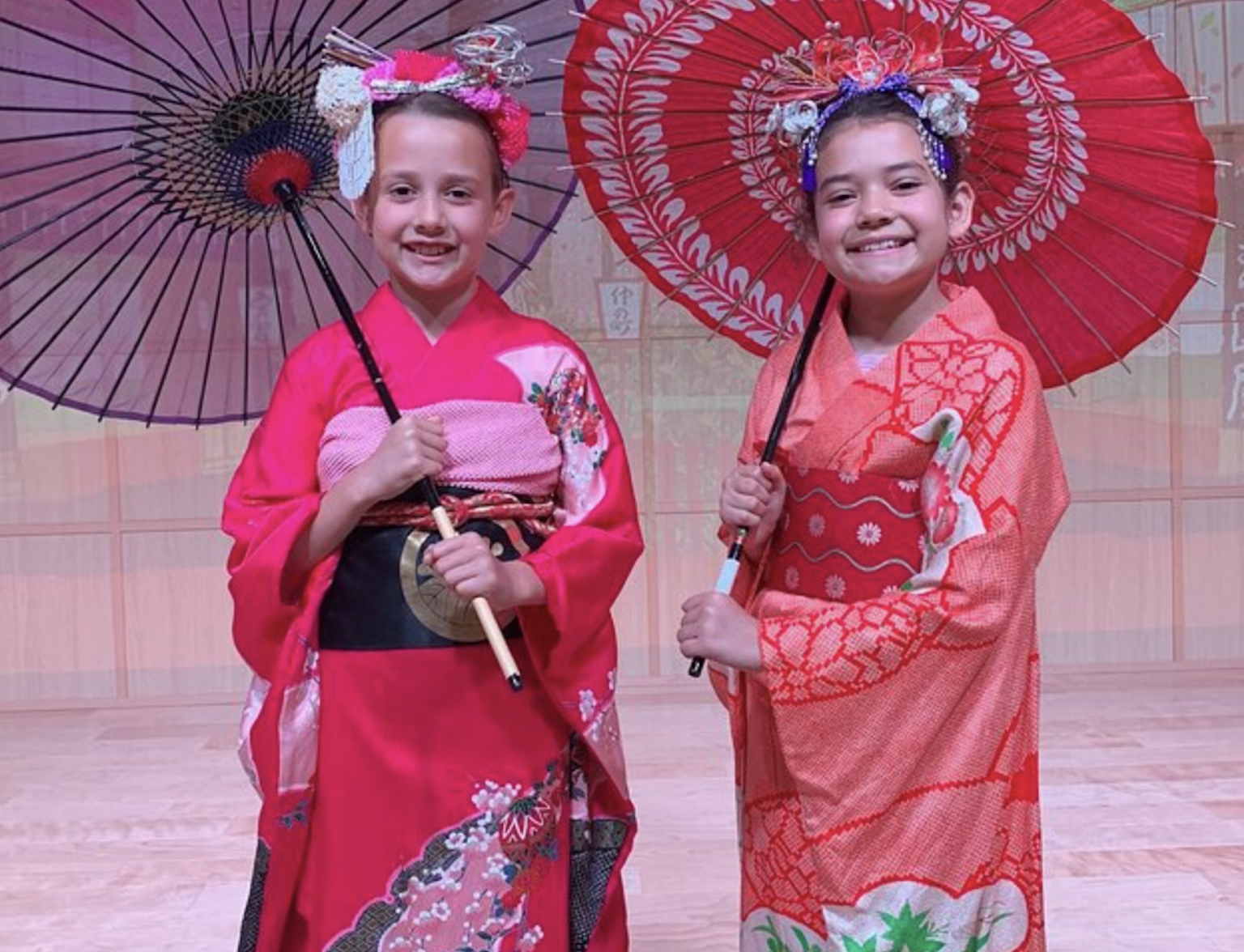
一日で東京の文化的な鼓動を体験しよう!

